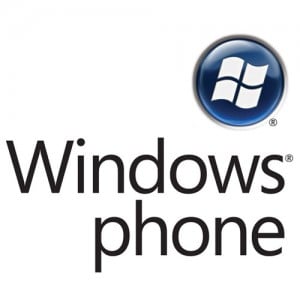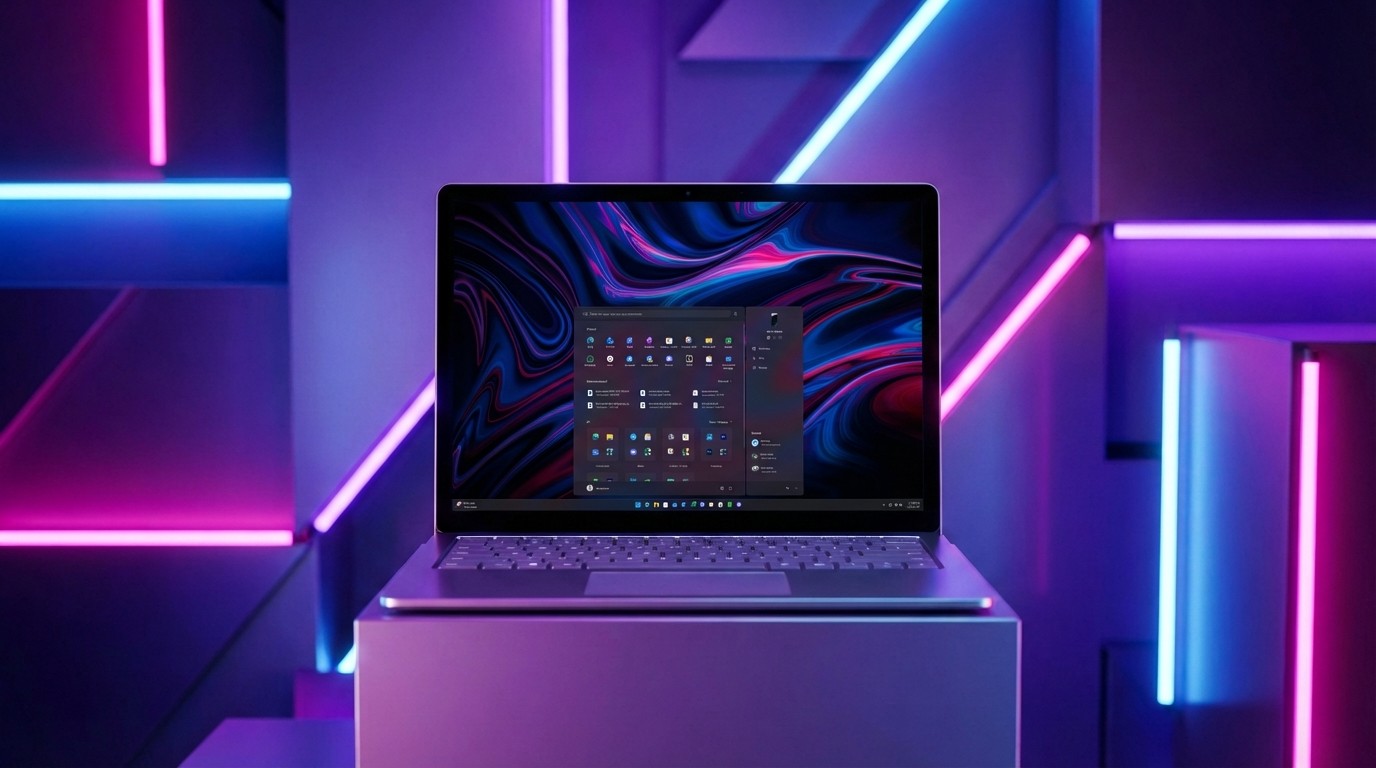Microsoft's Full-Court Press on WP7

All the latest news, reviews, and guides for Windows and Xbox diehards.
You are now subscribed
Your newsletter sign-up was successful
CNET did an en-depth, behind the scenes article on Windows Phone 7 and while we found the video of the Twitter app interesting, something else stood out from CNET's coverage. The amount of effort Microsoft is making to promote, support and develop Windows Phone 7.
It's not surprising to see a company throw its weight behind its product but Microsoft's weight is impressive. We've seen the reports that Microsoft's marketing of Windows Phone 7 could reach the half-a-billion dollar mark but it goes beyond marketing. Here are three areas that stood out with Microsoft's efforts towards Windows Phone 7.
Microsoft had just three or four developers responsible for the software development kit needed to write applications for Windows Mobile 6.5. Microsoft has increased these efforts a hundred fold having 300 to 400 people working on the tools and resources developers need to write programs for Windows Phone 7.
Microsoft has also made efforts to get their employees behind the Windows Phone movement. The company stopped reimbursing employees for non-Windows mobile devices some time ago and has pledged to give every full-time employee a Windows Phone 7 device. Microsoft is also looking into amending employment terms to allow employees to profit from any Windows Phone applications they develop.
Microsoft dubs their long term Windows Phone development efforts as "Selah", Hebrew for "stop and listen". Microsoft has tremendous efforts to stop and listen to developers; either through offering technical and marketing help, holding developer seminars, guaranteeing prime real estate in the Marketplace, or financial incentives. Based on all the Windows Phone 7 apps we've seen in development, the "stop and listen" approach seems to have worked.
In just under a week, the curtain will rise and Windows Phone 7 will be officially announced. It will interesting to finally see the Windows Phone 7 journey begin as well as the phones that will be running the OS. Microsoft will have a little catching up to do against the competition but will all these efforts, do the trick?
All the latest news, reviews, and guides for Windows and Xbox diehards.

Daniel Rubino is the Editor-in-Chief of Windows Central. He is also the head reviewer, podcast co-host, and lead analyst. He has been covering Microsoft since 2007, when this site was called WMExperts (and later Windows Phone Central). His interests include Windows, laptops, next-gen computing, and wearable tech. He has reviewed laptops for over 10 years and is particularly fond of Qualcomm processors, new form factors, and thin-and-light PCs. Before all this tech stuff, he worked on a Ph.D. in linguistics studying brain and syntax, performed polysomnographs in NYC, and was a motion-picture operator for 17 years.
